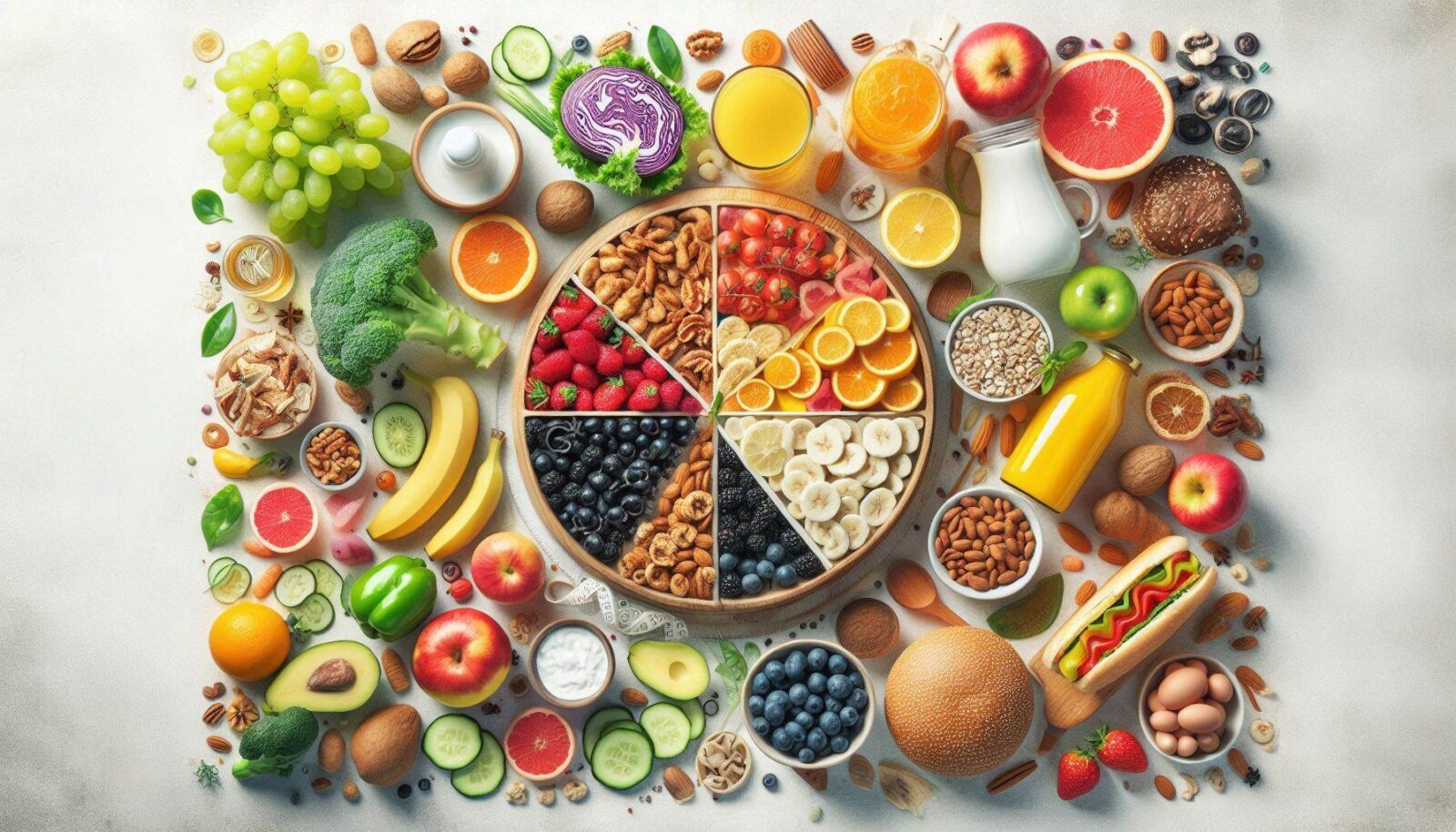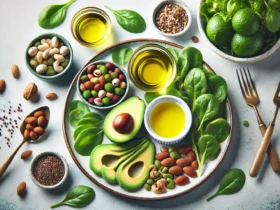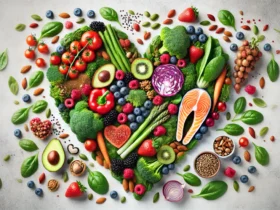In today’s fast-paced world, maintaining a balanced diet is more crucial than ever. With the prevalence of processed foods and dietary misinformation, understanding what constitutes a balanced diet is essential for achieving optimal health. This guide will walk you through the fundamentals of a balanced diet, offering practical tips and insights to help you make informed food choices. Whether you’re looking to improve your energy levels, manage your weight, or boost your overall well-being, this article is your go-to resource for a healthier lifestyle.
What Is a Balanced Diet?
A balanced diet is one that provides your body with all the essential nutrients it needs to function correctly. These nutrients include carbohydrates, proteins, fats, vitamins, minerals, and water. The key to a balanced diet is not just consuming the right amount of calories but ensuring that these calories come from a variety of nutrient-dense foods.
The Components of a Balanced Diet
- Carbohydrates: Often misunderstood, carbohydrates are your body’s primary energy source. Opt for complex carbs like whole grains, fruits, and vegetables, which provide sustained energy and essential fiber.
- Proteins: Essential for building and repairing tissues, proteins should be sourced from lean meats, fish, beans, and legumes. Aim for a variety of protein sources to ensure you’re getting all the essential amino acids.
- Fats: Not all fats are created equal. Healthy fats, such as those found in avocados, nuts, seeds, and olive oil, are vital for brain function and hormone production. Limit your intake of saturated and trans fats, which can contribute to heart disease.
- Vitamins and Minerals: These micronutrients play a crucial role in various bodily functions, from bone health to immune support. A diet rich in fruits, vegetables, and whole grains will provide most of the vitamins and minerals you need.
- Water: Often overlooked, water is essential for nearly every bodily function. Aim to drink at least eight 8-ounce glasses of water a day, more if you’re physically active.
The Benefits of a Balanced Diet
1. Improved Energy Levels
A balanced diet ensures that your body receives the right mix of nutrients to maintain stable energy levels throughout the day. This means fewer energy crashes and more sustained focus and productivity.
2. Better Weight Management
By focusing on nutrient-dense foods rather than empty calories, you can achieve and maintain a healthy weight. This, in turn, reduces the risk of obesity-related diseases like diabetes and heart disease.
3. Enhanced Mental Health
Certain nutrients, such as omega-3 fatty acids and B vitamins, have been linked to improved mood and cognitive function. A balanced diet supports brain health, reducing the risk of depression and anxiety.
4. Stronger Immune System
Vitamins A, C, and E, as well as minerals like zinc and selenium, are essential for a robust immune system. Consuming a variety of fruits and vegetables will help keep your immune system strong.
5. Longevity
Studies have shown that people who maintain a balanced diet tend to live longer and enjoy a higher quality of life. By preventing chronic diseases, a balanced diet helps you age gracefully.
Tips for Maintaining a Balanced Diet
1. Plan Your Meals
Meal planning allows you to make healthier choices and avoid last-minute junk food options. Prepare a weekly menu that includes a variety of nutrient-rich foods.
2. Portion Control
Even healthy foods can lead to weight gain if consumed in large quantities. Be mindful of portion sizes, especially with calorie-dense foods like nuts and oils.
3. Include a Rainbow of Foods
Different colored fruits and vegetables offer various nutrients. Aim to include a variety of colors on your plate to ensure you’re getting a wide range of vitamins and minerals.
4. Limit Processed Foods
Processed foods are often high in sugar, salt, and unhealthy fats. Focus on whole, unprocessed foods to get the most nutritional bang for your buck.
5. Stay Hydrated
Water is crucial for digestion, nutrient absorption, and overall health. Carry a water bottle with you to ensure you’re drinking enough throughout the day.
Conclusion
A balanced diet is not just about eating the right foods; it’s about creating a sustainable and enjoyable eating pattern that supports your overall health. By incorporating a variety of nutrient-dense foods into your diet, practicing portion control, and staying hydrated, you can achieve optimal health and well-being. Remember, small changes can make a big difference, so start today and take the first step towards a healthier you.
Sources
- Harvard T.H. Chan School of Public Health. (2023). The Nutrition Source: Carbohydrates. Retrieved from https://www.hsph.harvard.edu/nutritionsource/carbohydrates/
- World Health Organization. (2023). Healthy Diet. Retrieved from https://www.who.int/news-room/fact-sheets/detail/healthy-diet
- Mayo Clinic. (2023). Balanced Diet. Retrieved from https://www.mayoclinic.org/healthy-lifestyle/nutrition-and-healthy-eating
Images
- An image of a colorful plate with a variety of fruits, vegetables, lean proteins, and whole grains.
- A glass of water with a lemon slice, symbolizing hydration.
- A chart showing the balance of macronutrients in a daily diet.



Leave a Reply